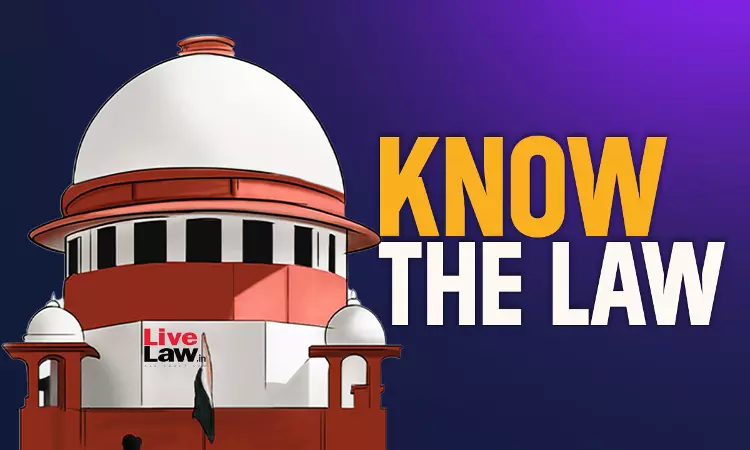The Supreme Court (on January 02) stated that police could immediately investigate serious crimes classified as cognizable after receiving information. In contrast, non-serious or non-cognizable offences can only be investigated after an order of magistrate. The Bench of Justices B. V. Nagarathna and Nongmeikapam Kotiswar Singh explained that when it comes to non-cognizable offences,...

